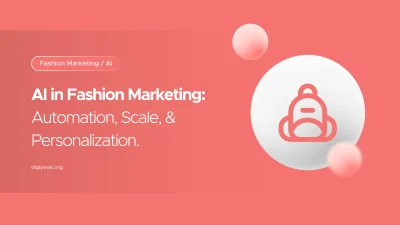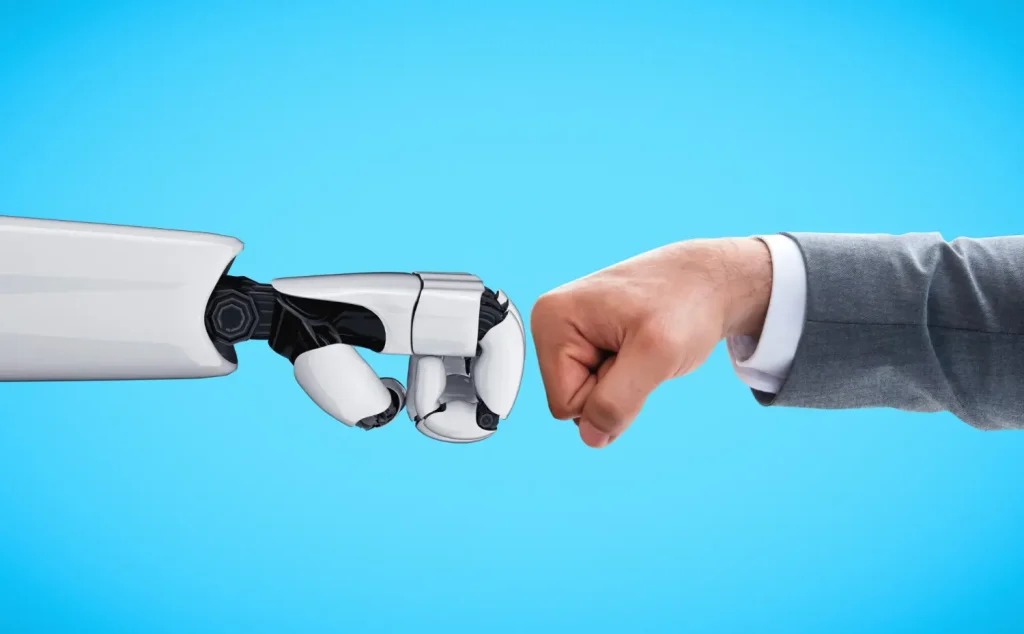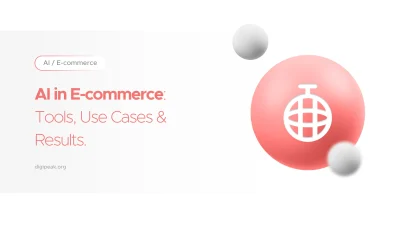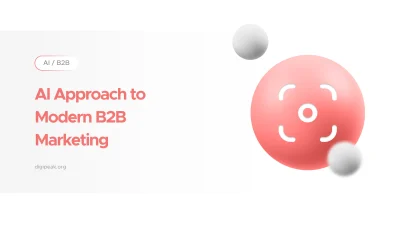
AI in Fashion Marketing: Automation, Personalization, Scale
In an industry that moves at the speed of culture, staying still means falling behind. …
26/05/2023 -
5 dk okuma
Stay up to date with Peakers
Artificial Intelligence (AI) and Human Intelligence (HI) are two distinct forms of intelligence that have captured the imagination of researchers, scientists, and society as a whole. While AI seeks to emulate human cognitive abilities, HI is the result of our biological evolution. In this blog post, we delve into the intriguing realm of AI and HI, exploring their similarities, differences, and the implications they hold for our world. But before diving in, we will share our takeaways from reliable sources.
If you are ready, let’s start!

These insights provide a nuanced understanding of the capabilities and limitations of artificial intelligence vs. human intelligence. While AI technologies have made remarkable progress in mimicking certain aspects of human intelligence, there are still areas where human involvement and oversight remain critical. Let’s consider the differences now;
AI, in its essence, refers to computer systems designed to mimic human intelligence. It encompasses a wide range of technologies and algorithms that enable machines to perform tasks that typically require human cognitive abilities. On the other hand, human intelligence is the collective intelligence possessed by humans, developed over millennia of evolution and characterized by consciousness, creativity, emotions, and self-awareness.
AI systems excel at learning from vast amounts of data and improving their performance over time through techniques like machine learning and deep learning. They can adapt quickly to changing circumstances and make predictions based on patterns and correlations. However, human intelligence demonstrates a remarkable capacity for flexible learning, abstract reasoning, and applying knowledge to a variety of situations, frequently driven by intuition and creativity.
While artificial intelligence can process vast amounts of information at incredible speed and perform complex calculations with precision, human intelligence possesses inherent cognitive capabilities that are still unmatched. Human intelligence excels in tasks that require critical thinking, empathy, emotional understanding, and ethical decision-making. Human intelligence encompasses a deep understanding of social contexts, cultural nuances, and moral values.
Take Advantage of Automation with Artificial Intelligence!
How can you use your time more efficiently? Artificial intelligence saves you time by automating repetitive tasks. Learn how you can leverage AI to accelerate your business processes.
AI has limitations in certain areas that come naturally to HI, such as common-sense reasoning, moral judgment, and contextual understanding. AI algorithms are designed to operate within predefined parameters and lack human experiences and subjective perspectives. Moreover, ethical considerations arise when deploying AI, including biases in data and decision-making, privacy concerns, and the potential impact on jobs and societal dynamics.
Rather than considering artificial intelligence vs. human intelligence, a more fruitful approach lies in harnessing their strengths in collaboration. AI can assist humans in complex data analysis, augment human capabilities, and automate routine tasks. Human intelligence can provide guidance, interpret AI-generated insights, and ensure ethical oversight. The combination of artificial intelligence and human intelligence has the potential to unlock new possibilities in various fields, including healthcare, finance, and environmental conservation.
Artificial intelligence vs. human intelligence represent two distinct yet interconnected realms of intelligence. AI offers computational power, data analysis capabilities, and automation, while HI encompasses creativity, empathy, and ethical reasoning. Recognizing the strengths and limitations of each form of intelligence, and promoting their collaborative integration, holds immense potential for addressing complex societal challenges and advancing our collective progress.
As we navigate the ever-evolving landscape of the human mind vs. artificial intelligence, it is crucial to approach their development and deployment with thoughtful consideration of ethical, societal, and human-centric values. Striking the right balance between human computer interaction vs. artificial intelligence will not only drive innovation but also ensure that technological advancements align with our shared human values and aspirations.
Digipeak, as an AI development company, can play a crucial role in shaping the future of AI and helping individuals and businesses navigate this rapidly changing landscape.
The AI-supported digital marketing services such as analytics & data, social media management, and creative design that Digipeak delivers to its customers help firms contact their target audiences more efficiently and acquire a competitive advantage in the digital realm.
Digipeak’s creative team’s integration of artificial intelligence technology with digital marketing services is intended to give an even more effective solution to its customers. If you want to know how our AI-powered solutions may help you plan for the future with growth marketing methods, contact Digipeak.
Get an Offer


Join Us So You Don't
Miss Out on Digital Marketing News!
Join the Digipeak Newsletter.
Related Posts

In an industry that moves at the speed of culture, staying still means falling behind. …

Do you recall when "Artificial Intelligence" in e-commerce was little more than a basic chatbot? …

The year is 2026. The digital marketing playbook from just a couple of years ago …

Before we explore the new frameworks, let's face the reality of our current environment. The …